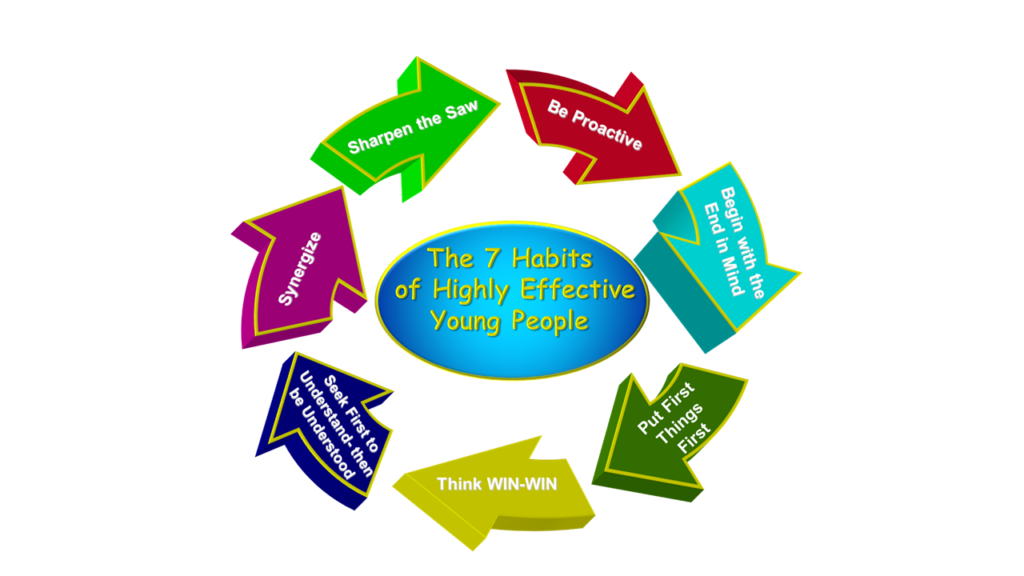Emotionally Intelligent Teamwork
7 Habits of Highly Effective People - Developing Respect and Empathy
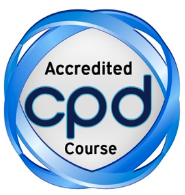
✔︎ In Person
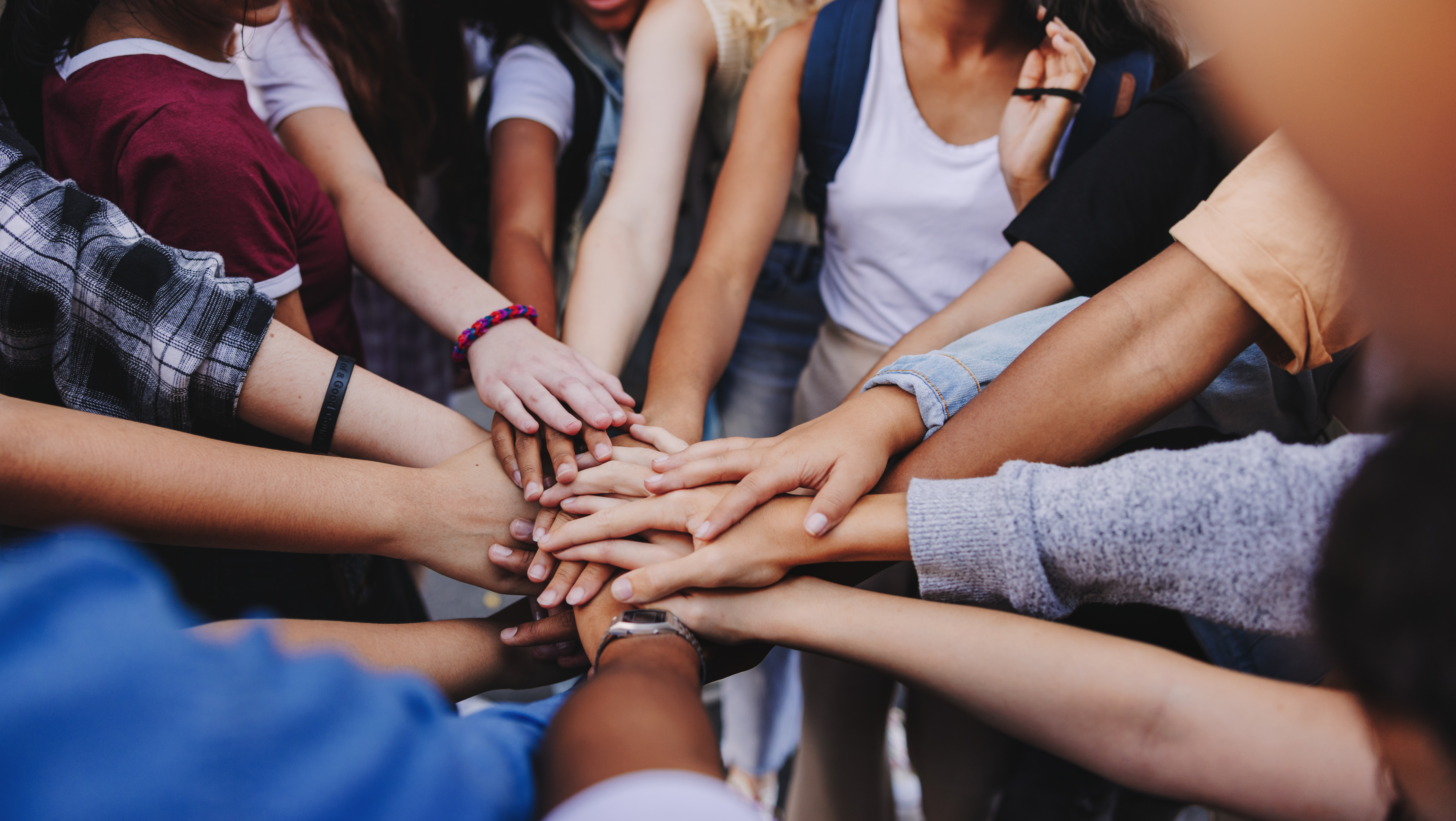
Stephen Covey’s “The 7 Habits of Highly Effective People” remains a cornerstone in personal development. This workshop combines Covey’s principles and Emotional Intelligence Behavioural markers to help young people grow in confidence, learn to be proactive and work effectively within a team.
Skills you’ll gain:
✔︎ Communication ✔︎ Leadership & Followership ✔︎ Self & Other Awareness ✔︎ Emotional Intelligence ✔︎ Empathy ✔︎ Teamwork ✔︎ Continuous Improvement ✔︎ Self-Regulation ✔︎ Building Respect ✔︎Increasing Self Confidence, Self-Belief & Self-Esteem
Emotional intelligence (EI) is crucial for effective life/social skills and personal development. Recognising and managing emotions in oneself and others enhances leadership capabilities, leading to better decision-making, problem solving, making the correct ‘life-choices’, choosing the ‘right’ friends and social circles, communication, and collaboration.
By investing in development of personal emotional intelligence, individuals can transform their;
- behaviours and attitudes
- work-ethics
- organisational skills
- respect of diversity and culture
- drive, performance and motivation
- vision and goal-setting
- health and wellbeing
- time-management and prioritising
- ability to build relationships and social skills
- involvement with team working
- ability to turn conflict into collaboration
- communication skills
- understanding of psychology and ‘people types’
- ability to achieve sustainable success
- understanding of how to create and lead, high performance, emotionally intelligen SUPER Teams
This Workshop for Young People will achieve the following:
Objectives of the Workshop
- To create Team Bonding and Team Working
- To create Team Excellence and Team Spirit
- To inspire and motivate individuals to “Play as a Team”
- To understand the roles that people play in Teams
- To strengthen relationships within the Team
- To learn how to Prioritise Tasks
- To build trust within the Team Members
- To explore “Leadership, Followership….and Conflict!”
- To learn how to create Collaboration out of Conflict within Teams
- To identify “The 7 habits of highly effective teams” (Covey)
- To enhance honesty and respect for each other team members.
- To appreciate and embrace diversity within Teams – covering Conflict Management and Resolution within Teams
- To build rapport within the Team
- To explore Effective Communication within the Team
- To develop wellbeing and stress resilience through Positive Psychology
- To live Above the Line – with Winning Behaviours and Attitudes
- To create a Team Vision and Objectives (Appreciative Inquiry)
- To increase Decision Making and Problem Solving techniques
- To increase the employability opportunities for all participants
- To prepare the Student for the massive transition from “Student-Life” to “Work-Life”
- To increase ‘Self’ and ‘Other Awareness’ through Emotional Intelligence development
- To enable Young People develop their “7 Habits of Highly Effective Students”
- To equip the Students for “Performance under Pressure” – Well-being (PERMA), Mindfulness and how to build Stress Resilience
- To create Winning Behaviours and Attitudes
- To learn the principles of Leadership and how to build high Performance Teams
- To participate in state of the art Experiential Activities – make Personal and Team Development FUN
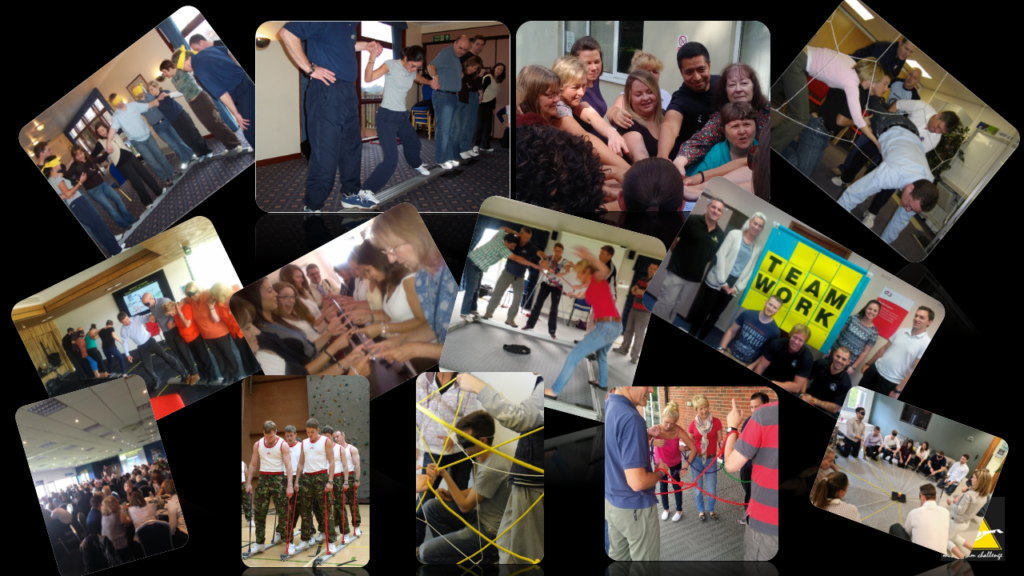
Independence:
HABIT ONE – Be Proactive: Take charge of your reactions and focus on your circle of influence.
HABIT TWO – Begin with the End in Mind: Envision goals and align actions with principles.
HABIT THREE – Put First Things First: Prioritize tasks effectively using Covey’s matrix.
Interdependence:
HABIT FOUR – Think Win-Win: Seek mutually beneficial solutions in relationships.
HABIT FIVE – Seek First to Understand, Then to Be Understood: Practice empathetic listening.
HABIT SIX – Synergize: Combine strengths through teamwork for greater outcomes.
Continuous Improvement and Wellbeing Culture:
HABIT SEVEN – Sharpen the Saw: Balance and renew resources for sustainable effectiveness.
The cost will be £975 + VAT for 1 day of training, for up to 12 delegates – including all preparations, trainer’s expenses, and materials.
7 Habits of Highly Effective Young People
The First Three Habits Surround Moving From Dependence To Independence And Self-Mastery
Independence
1. Be PRO-Active
Take responsibility for your reaction to your experiences,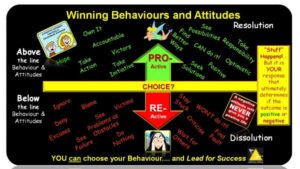 take the initiative to respond positively and improve the situation. Recognise your Circle of Influence and Circle of Concern. Focus your responses and initiates on the centre of your influence and constantly work to expand it. Don’t sit and wait in a reactive mode, waiting for problems to happen (Circle of Concern) before taking action
take the initiative to respond positively and improve the situation. Recognise your Circle of Influence and Circle of Concern. Focus your responses and initiates on the centre of your influence and constantly work to expand it. Don’t sit and wait in a reactive mode, waiting for problems to happen (Circle of Concern) before taking action
2. Begin With The End In Mind
Envision what you want to achieve in the future so you can work and plan towards it. Understand how people make decisions in their life. To be effective you need to act based on principles and constantly review your mission statements. Are you – right now – who you want to be? What do I have to say about myself? How do you want to be remembered?
3. Put First Things First
Matrix of importance vs urgency that Stephen Covey and Dwight Eisenhower used in deciding where to invest their efforts. Categorising our tasks into what is important and what is urgent. Learning the art of prioritisation and over-coming all those “time-stealers” which distract us from achieving our Goals.
The next three habits talk about Interdependence and how we work with others
Interdependence
4. Think Win-Win
Genuine feelings for mutually beneficial solutions or agreements in your relationships. Value and respect people by understanding a “win” for all is ultimately a better long-term resolution than if only one person in the situation had gotten their way. Think Win-Win isn’t about being nice, nor is it a quick-fix technique. It is a character-based code for human interaction and collaboration.
5. Seek First To Understand, Then To Be Understood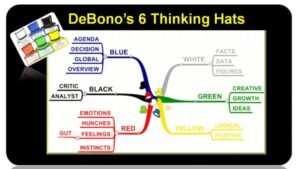
Use empathic listening skills to genuinely understand a person, which encourages them to genuinely understand a person to again, encouraging them to reciprocate the listening and to take an open mind to be influenced by you. This creates and atmosphere of collaboration, empathy and positive problem-solving. – applying the skills of inter and intra Emotional Intelligence.
6. Synergise
Combine the strengths of people through positive teamwork, so as to achieve goals that no one could have done alone.
Continuous Improvement Culture
The final habit is that of continuous improvement in both the personal and interpersonal spheres of influence.
7. Sharpen The Saw
Balance and renew your resources, energy and health to create a sustainable, long-term, effective lifestyle, optimising wellbeing and building stress resilience.
The application of neuro-science enables us to manage our behaviours and attitudes and in turn we can learn how to manage how to optimise our Heart-Brain Coherence.
In essence, one is always attempting to integrate and master the principles outlined in The 7 Habits at progressively higher levels at each iteration. Subsequent development on any habit will render a different experience and you will learn the principles with a deeper understanding.
